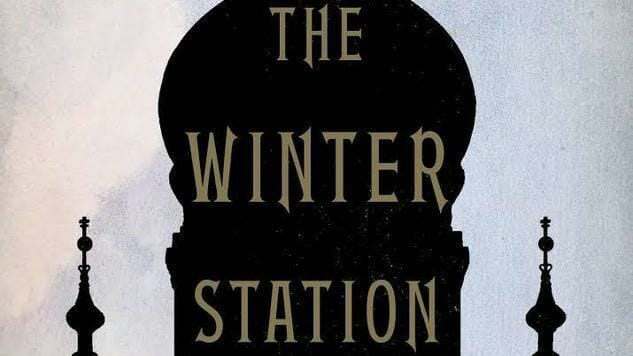Jody Shields’ The Winter Station Unleashes a Plague, Tapping Into Society’s Oldest Fear

Jody Shields’ entry into the canon of pathogen literature, The Winter Station, exposes the agonizing anxiety only one type of enemy can conjure. What Shields evokes in her greatest passages, as her czarist Baron battles an epidemic in turn of the century Harbin, is a fear that pours from the temples: the recognition that we can be set against a swift and terrible force majeure, the scythe of God.
The Harbin of 1910 is an international city from which Imperial Russia oversees the Chinese Eastern Railway. Russian and Japanese soldiers stand tensely nearby following the Russo-Japanese war; Chinese citizens are condemned to menial work in their own country; businesses from as far abroad as America have set up shop. It’s a precarious place that proves barely habitable once the winter begins, and it’s completely undone by plague.
 The Baron’s all-encompassing paranoia feels particularly acute now, as the U.S. battles one of the worst flu seasons in almost a decade. Seemingly healthy specimens are not safe this year; to ignore the sniffles now could mean hospitalization or worse. The result is a claustrophobia born less of walls and more of air; each person around you is now a potential harbinger of the pale horse.
The Baron’s all-encompassing paranoia feels particularly acute now, as the U.S. battles one of the worst flu seasons in almost a decade. Seemingly healthy specimens are not safe this year; to ignore the sniffles now could mean hospitalization or worse. The result is a claustrophobia born less of walls and more of air; each person around you is now a potential harbinger of the pale horse.
-

-

-

-

-

-

-

-

-

-

-

-

-

-

-

-

-

-

-

-

-

-

-

-

-

-

-

-

-

-

-

-

-

-

-

-

-

-

-

-








































